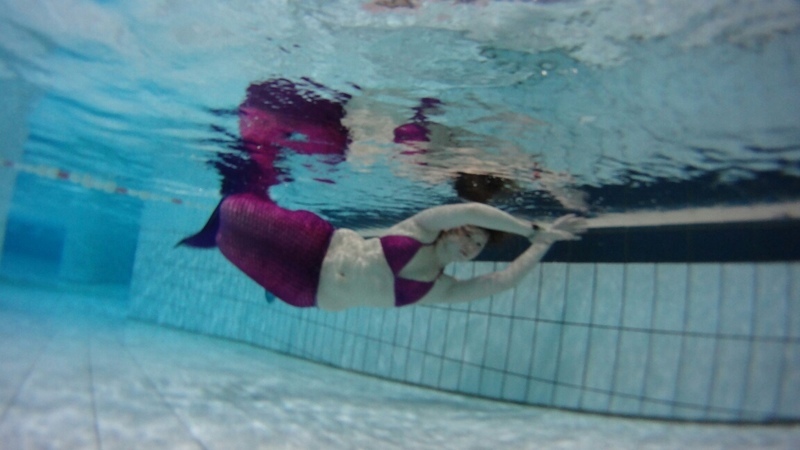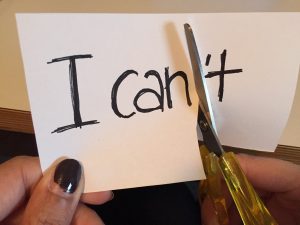Germans like to celebrate New Year’s Eve with a sip of chilled sparkling wine, a rich fondue and the annual recurring appointment with the adorable Miss Sophie and her scatty butler James. However, apart from the widespread tradition of watching “Dinner for One”, we Germans don’t have any weird customs for the largest global celebration. But no worries – the rest of the world offers a wide range of strange traditions…

First Stop: Ecuador

It’s the end of December. The sparkling snow is falling and the air is cold but very refreshing. So it’s the perfect time to take your empty suitcase for a walk. No, I’m not crazy and I know that you can walk your dog, your cat and, okay, maybe your hamster, but your suitcase? Yes it’s true, at least in Ecuador. If the Ecuadorians are planning a trip sometime next year, they take their suitcases for a stroll. The tradition says that people who are dreaming of a holiday next year should take their empty suitcases for a little walk, so their dreams come true. But I’m not very convinced that this tradition could catch on in Germany. Nevertheless, please feel free to try it out: get your suitcase, go out, get some fresh air and try to ignore the gazing people.
Next Stop: Spain
You’re not a fan of fireworks at midnight and you really hate the emotion which comes with the New Year greetings? But what else could be done? Here’s the answer: just eat 12 grapes quickly, one with each chime of the bells at midnight. For the Spanish, each grape symbolises good luck for each month in the following year. And it wards off bad spirits! But be aware, it sounds easier than it actually is; some Spanish even practice beforehand. So let’s start practicing – New Year’s Eve is close. But don’t forget to chew – it might get a bit tight in your mouth.
Third Stop: Denmark

If some of you would like to celebrate New Year’s Eve in Denmark, then please don’t call the police if your friends start throwing old dishes at your door. After all, they’ve been collecting Granny’s old china with difficulty all year. So please show a little respect and feel flattered! Why? Smashing old plates at your friend’s door is a special New Year’s Eve tradition in Denmark, and is a measure of your popularity. The more your door gets hit by a broken plate, the more likely friends enjoy being with you. There’s a heap of broken dishes at your doorsteps? Congrats, you’re a terrific friend!
Last Stop: Puerto Rico
A different kind of “bucket challenge” exists in Puerto Rico. The Puerto Ricans throw buckets of water out of their window. And they clean their homes before the New Year arrives. In this way, they clean out the old year and all the evil spirits and welcome the New Year.
The end of the journey has arrived and I have to leave now. I’m very busy because I still have to walk my suitcase, eat some grapes and… well no, actually I’m just going to watch “Dinner for One”, enjoy the fireworks and drink some sparkling wine. Maybe I’ll try out some of the proposals next year, or maybe not, we’ll see! Cheers, Happy New Year to all of you!
Author & Pictures: Julia Huss





 Ash Wednesday is today and that marks the beginning of Lent. For those of you who aren’t familiar with this religious holiday, Lent is a Christian holiday that lasts 40 days beginning with Ash Wednesday and ends on Easter Sunday. During this time, people tend to fast or give something up, as for a lot of Christians it is a way of remembering when Jesus fasted in the desert and also a way of testing self-discipline.
Ash Wednesday is today and that marks the beginning of Lent. For those of you who aren’t familiar with this religious holiday, Lent is a Christian holiday that lasts 40 days beginning with Ash Wednesday and ends on Easter Sunday. During this time, people tend to fast or give something up, as for a lot of Christians it is a way of remembering when Jesus fasted in the desert and also a way of testing self-discipline.